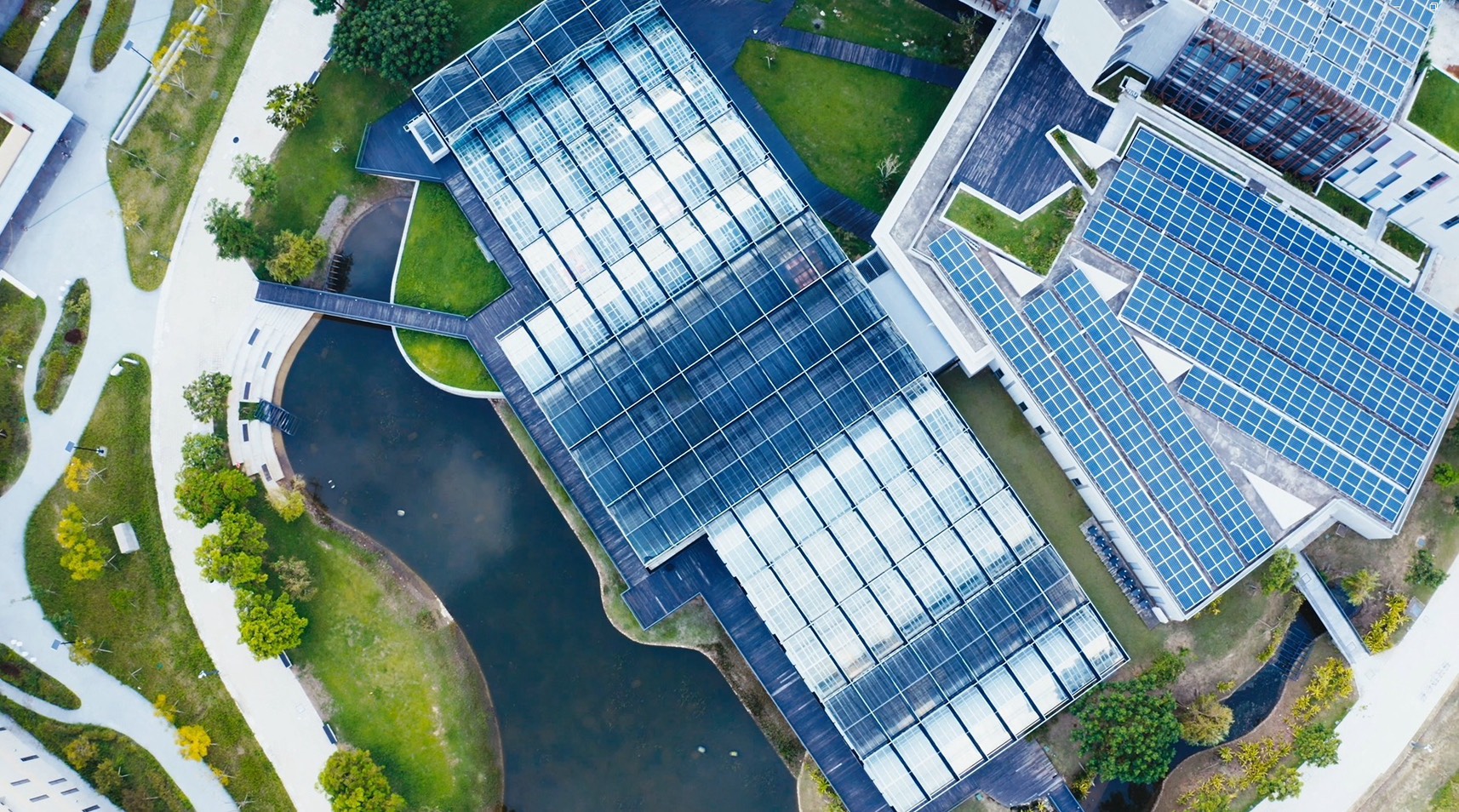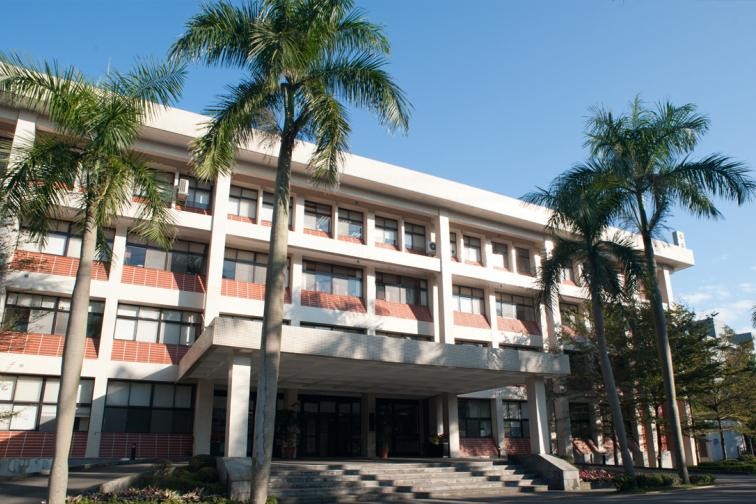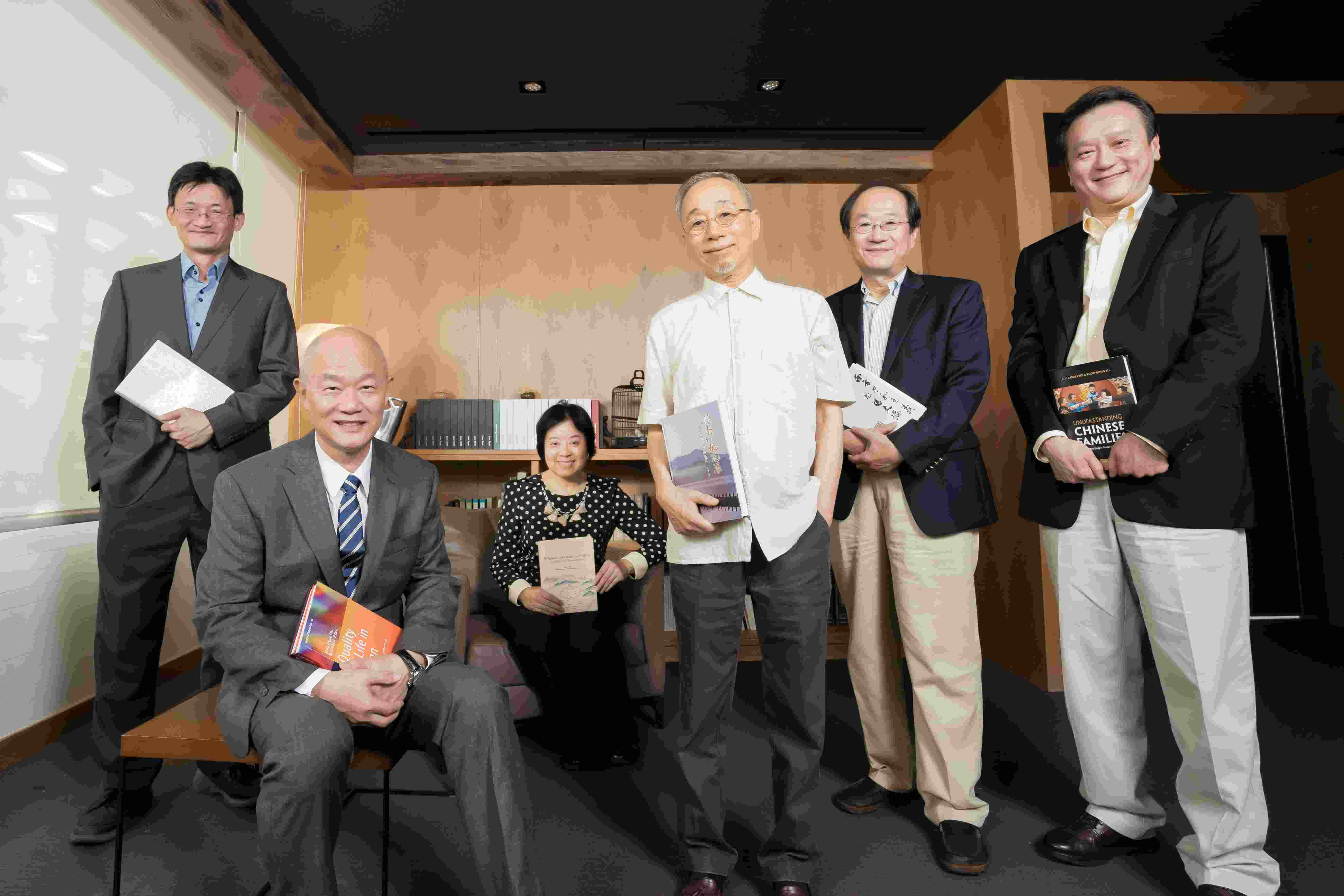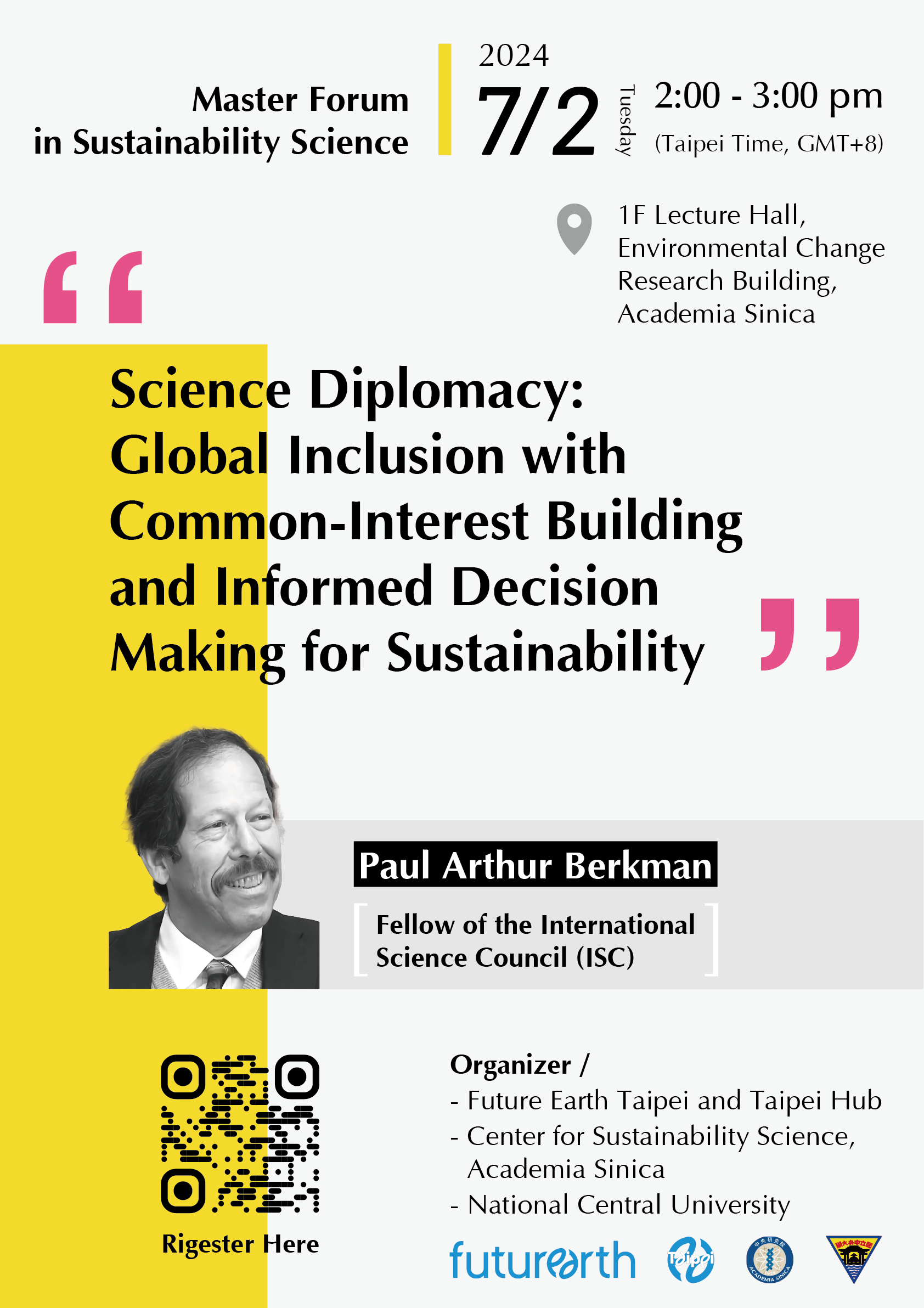- 科普演講
- 環境變遷研究中心
- 地點
環境變遷研究中心大樓1樓潤學廳
- 演講人姓名
保羅·亞瑟·伯克曼教授 (國際科學理事會院士)
- 活動狀態
確定
- 活動網址
https://docs.google.com/forms/d/e/1FAIpQLSd4tc3xLKM6XL0aVbjhNywozastHgkHUDO7w_wWcfF4jUGVdA/viewform
Science Diplomacy: Global Inclusion with Common-Interest Building and Informed Decision Making for Sustainability
On 29 Aug 2023, UCSI University established a new Centre of Excellence — the International Institute of Science Diplomacy and Sustainability (IISDS). The vision is to position the university as a leader in science diplomacy and sustainability for the betterment of Malaysia's interests and those of Asean's and the Global South's. Such institutes are normally found in the Global North, where the awareness and preparedness to connect the scientific community with policymakers and politicians are more pronounced. The IISDS may be the first fully fledged centre in the Global South.
Science diplomacy is a medium of international relations using science as a tool to build goodwill among nations. Some experts called it "track-two diplomacy", and its importance can never be underestimated. Today, science diplomacy may be less handy in preventing wars between nations. But it may be key to avoiding a war between humans and nature. As described by United Nations Secretary-General Antonio Guterres, humans are conducting a suicidal war against nature, brought about by an unsustainable way of life. The dynamic interface between science and policy continues. An unfolding "drama of sorts" is taking place right in front of our eyes.
Science diplomacy is not new, but it has never been more important. Many of the defining sustainability challenges of the 21st century — from climate change and food security to poverty reduction and nuclear disarmament, problems embodied in the 17 Sustainable Development Goals — have scientific dimensions. Not only are the problems multidisciplinary and multisectoral in character, but their solutions lie within the scope of multilateralism. No one country will be able to solve these problems on its own. The tools, techniques and tactics of foreign policy need to adapt to a world of increasing scientific and technical complexity.









 首頁
首頁

